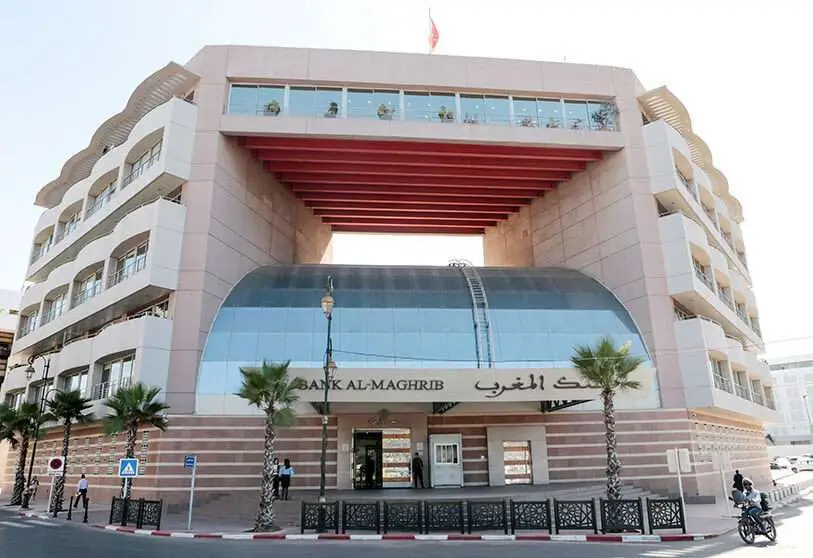Los próximos objetivos de Marruecos: más transparencia y más gobernabilidad

After Morocco left the European Union's "grey list" of tax havens in 2021, the Maghreb country is now working to leave behind the "high-risk" list, which includes powers with significant deficiencies in the prevention of money laundering and terrorist financing. This list was drawn up by the Financial Action Task Force (FATF).
To this end, the Central Bank of Morocco has called on the country's executive to speed up legal reforms, especially those related to transparency and governance linked to the tax system. This is also expected to benefit the business and entrepreneurial climate.
Abdellatif Jouahri, governor of the Moroccan Central Bank, stressed in a report on the monetary, financial and economic situation in 2021 that was presented to King Mohammed VI last Saturday, that it is necessary to maintain mobilisation to fully implement the accelerated action plans.

These action plans are carried out jointly with the Financial Action Task Force (FATF). When the FATF places a jurisdiction on the list, it implies that the power in question has committed itself to rapidly addressing strategic and fiscal weaknesses to prevent money laundering and the financing and proliferation of terrorism. It is therefore subject to greater scrutiny, and results are expected within deadlines agreed with the agency.
The list currently includes countries such as Albania, Barbados, Ghana, Myanmar, Pakistan, Senegal and Syria. Morocco, for its part, entered the so-called "high risk" list for the first time in December 2020, with the aim of developing and implementing measures to protect both its internal financial system and the international system.

Thus, despite Abdellatif Jouahri's acknowledgement of the measures taken so far - which he has described as effective and influential in the business climate, with tangible results -; the Central Bank governor has reported that efforts against money laundering and terrorist financing have not achieved the desired performance.
"What is missing, in the Moroccan case, is a normative breakthrough, linked to legal reforms; an updating of laws and a process that keeps pace with all the other most recent reforms," noted public governance researcher and political economy consultant Younes Belfellah, PhD, for the London-based Arabic daily Al-Arab. In this regard, the expert highlighted the role of the Right to Information and Transparency Law, as well as issues related to governance and the performance of public and private companies.
While several Moroccan government officials claim that the country's tax system is in line with EU standards of governance (attesting to cooperation between the two authorities), and that it maintains a high level of transparency compared to the world average, the Directorate of Taxation of the Moroccan Ministry of Finance has acknowledged that around 60 per cent of private companies do not pay the required taxes. This results in financial losses to the annual national budget estimated at around 30 billion dirhams (almost 3 billion US dollars), about 8 per cent of GDP.

Faced with this situation, Rabat is keen to improve its reputation as a destination open to investment, and is working to enact legislation to tackle tax evasion.
"Legislative reforms should not be underestimated now, and should also be accompanied by administrative and accounting reforms, to create an environment that will officially and clearly take us off any list of tax havens," said Younes Belfellah, arguing that increased investment would reflect positively on the economy and job opportunities for young people. "This is what Morocco needs to strengthen incomes and improve social cohesion," he added.
For all these reasons, the Moroccan Central Bank - aware of the negative effects of this situation on business attractiveness and economic growth rates - has called to overcome the delays in reforms, even without detracting from the soundness of the country's financial system. Improving transparency and the legal system will boost productivity and improve the competitiveness of the Moroccan economy, concluded Younes Belfellah, as Rabat's role in North and West Africa, as well as in its relationship with the European continent, is crucial.








